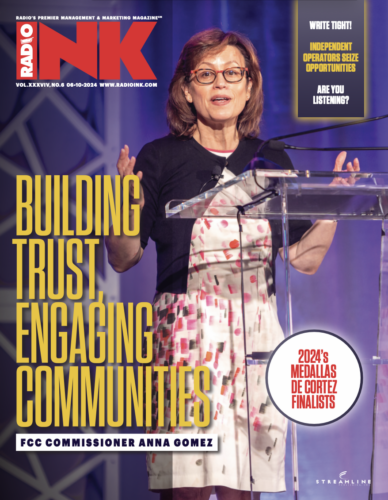
NPR and New Jersey’s Press Communications joined the NAB in expressing strong objections to the FCC’s FM geo-targeting allowance, as it pertains to GeoBroadcast Solutions’ ZoneCasting technology, especially in terms of signal interference.
Licensed FM stations can currently apply for experimental authority to originate programming on up to 25 FM booster stations for one year. These boosters will retransmit signals from FM or low-power FM stations and can broadcast their own content for up to three minutes per hour.
In Press Communications’ comments, they argue that the ZoneCasting system imposes unnecessary burdens on smaller broadcasters and represents a significant financial threat to an already beleaguered industry.
The FCC proposal allows for up to three minutes of booster-localized content per hour, which Press Communications believes could lead to unfair competition. Larger stations could use this time to insert local ads, undercutting Class A stations that cannot afford to compete at these rates.
Larger Class B stations could use boosters to dominate local markets, further disadvantaging smaller stations. The proposal could lead to a reallocation of spectrum, effectively creating mini-stations within embedded markets, such as those in New Jersey. Additionally, they say ZoneCasting could further fragment the advertising market, leading to reduced revenues for smaller stations.
Press Communications, like the NAB, contends that GeoBroadcast Solutions has not provided proven engineering to demonstrate that no harmful FM interference will occur. They also worry about geo-broadcasting negatively affecting EAS performance.
If the Commission decides to move forward with licensing FM booster stations for geo-targeted content, they request a reconsideration of the rulemaking to prohibit ZoneCasting in markets with embedded metros.
In National Public Radio’s submitted comments, they mirror interference concerns and its impact on the FM band and public radio. NPR emphasized the need for listeners to trust the quality of broadcasts, saying if FM signals become unreliable due to interference, listeners may turn to other sources, impacting public radio stations significantly.








